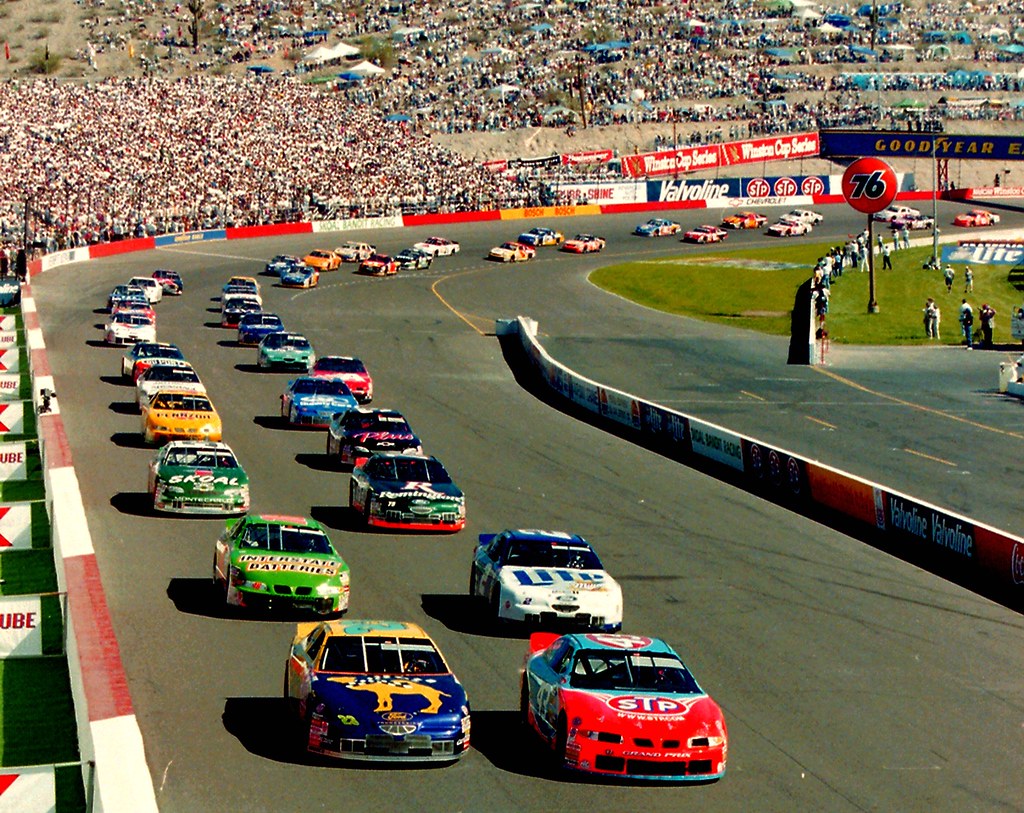
The passing of Robert George Uecker, a beloved figure in American sports and entertainment, at the age of 90 on January 16, 2025, marks the end of an extraordinary life that transcended the confines of the baseball diamond. Uecker, often affectionately known as “Mr. Baseball” and celebrated as a comic bard, forged a unique legacy built upon a self-deprecating wit, an unparalleled gift for storytelling, and an unwavering connection to the game he loved. His journey from a backup catcher with a .200 career batting average to a Hall of Fame broadcaster and acclaimed actor is a testament to his singular charisma and profound impact on generations of fans.
Born and raised in Milwaukee, Wisconsin, Uecker remained deeply rooted in his hometown throughout a career that saw him become a national celebrity. His 54 seasons as the play-by-play announcer for the Milwaukee Brewers established him as the enduring voice of a franchise and an integral part of the fabric of countless summers for Wisconsin families. Commissioner Rob Manfred, in a statement, encapsulated Uecker’s essence, noting, “Bob was the genuine item: always the funniest person in any room he was in, and always an outstanding ambassador for our national pastime.”
This comprehensive account will explore the remarkable trajectory of Bob Uecker’s life, from his humble beginnings and a playing career that became the fodder for his legendary humor, to his transformative impact on sports broadcasting, his memorable forays into television and film, and the enduring legacy of joy and laughter he bequeathed to the American public. His ability to connect with audiences, whether through the radio waves or on the silver screen, underscored a genuine warmth and an inimitable spirit that will be cherished and remembered for years to come.
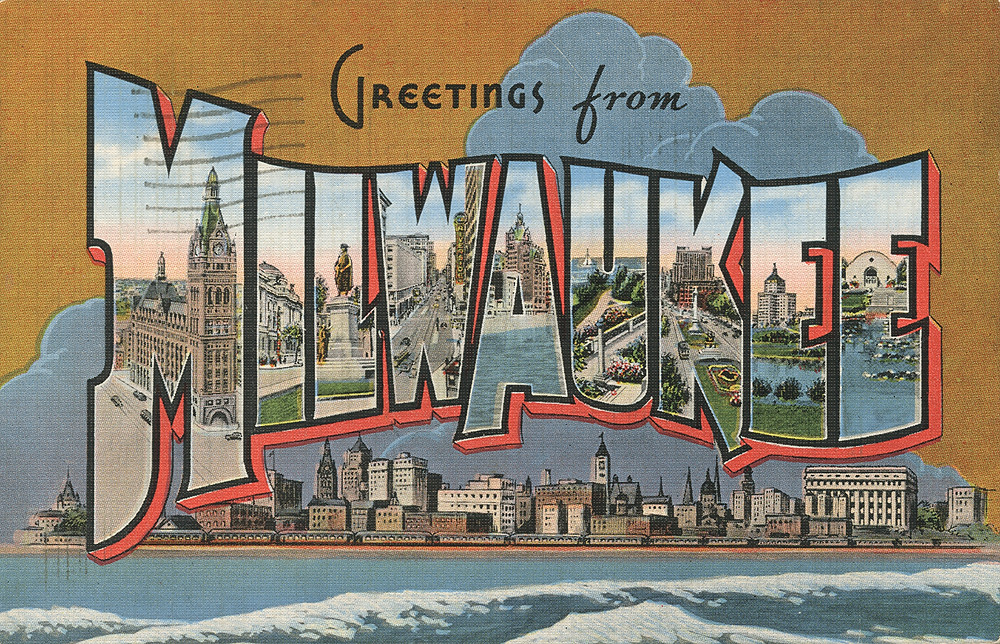
1. **Early Life and Milwaukee Roots**Robert George Uecker entered the world on January 26, 1934, in Milwaukee, Wisconsin, the city that would forever remain his spiritual and professional home. Though he was known for his colorful anecdotes, often joking about his birth on an “oleo run” to Illinois to circumvent Wisconsin’s margarine prohibition, his roots were firmly planted in the dairy state. He was the son of Mary (née Schultz), a Michigan native, and August “Gus” Uecker, an emigrant from Switzerland in 1923.
Uecker’s early exposure to baseball came from watching the minor-league Milwaukee Brewers of the American Association at Borchert Field, fostering a nascent love for the game that would define his life’s path. This formative experience in Milwaukee laid the groundwork for his eventual deep connection with the city’s baseball faithful.
Before embarking on his professional baseball journey, Uecker served his country, enlisting in the US Army in 1954 and ultimately achieving the rank of corporal. During his military service, he continued to play baseball, honing his skills at Fort Leonard Wood in Missouri and Fort Belvoir in Virginia. Notably, during this period, he was teammates with Dick Groat, who would later become a fellow major leaguer, foreshadowing Uecker’s own eventual ascent to the professional ranks.
Read more about: Hello, Wisconsin! The Cast of Your Favorite ’70s TV Show: Where Are They Now?
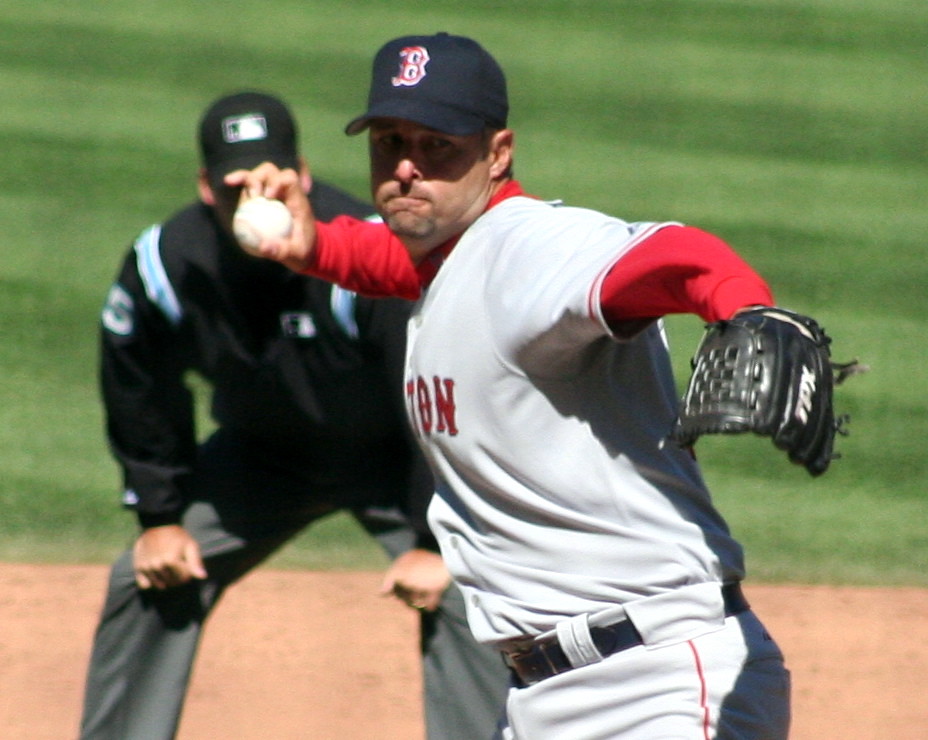
2. **His Playing Career: A Self-Deprecating Legend**Upon completing his Army service, Uecker signed his first professional contract with his hometown Milwaukee Braves in 1956, embarking on a minor league career that saw him play for teams such as the Eau Claire Bears and Boise Braves, where he hit 19 home runs in his inaugural season. His perseverance led to his major league debut with the Braves on April 13, 1962, where he served as a third-string catcher behind Joe Torre and Del Crandall, batting .250 in 33 games. His tenure with the Braves was brief, marked by a subsequent demotion to the minor leagues in 1963.
Uecker’s major league career spanned six seasons from 1962 to 1967, during which he played for the Milwaukee Braves, St. Louis Cardinals, Philadelphia Phillies, and Atlanta Braves. He was largely a backup catcher, a role that often provided the raw material for his later comedic routines. His career batting average concluded at .200, a figure that would famously become synonymous with the “Mendoza Line,” although four of his seasons did finish above that mark.
Despite his offensive struggles, Uecker was generally considered a sound defensive player, committing very few errors as a catcher and completing his career with a fielding percentage of .981. However, his 1967 season presented a notable statistical anomaly, as he led the league in passed balls despite playing only 59 games. This statistic, as Uecker himself often explained with characteristic humor, was at least partially attributable to his frequent role catching Phil Niekro, a renowned knuckleball pitcher. Uecker famously quipped that the best way to catch a knuckleball was “to wait until it stopped rolling and pick it up.”
His playing days, while not statistically illustrious, laid the foundation for his distinct public persona. He often joked about his “unforgettable playing career,” turning his mediocrity into a comedic goldmine. One of his most cited self-deprecating remarks was about hitting a grand slam off Ron Herbel, stating, “When his manager came out to get him, he was bringing Herbel’s suitcase.” This ability to laugh at himself became a defining trait, endearing him to millions far beyond the baseball field.
Another notable anecdote from his playing career, frequently shared by Uecker, concerned his “career highlights.” He often quipped, “I had two: I got an intentional walk from Sandy Koufax and I got out of a rundown against the Mets.” Such humor transformed a modest playing career into a celebrated narrative, demonstrating his unique talent for crafting an engaging story from any experience. This perspective was a key component of his transition to broadcasting.
Read more about: Jayson Tatum’s Car Collection: A Glimpse Into the NBA Star’s Luxurious Lifestyle and Career

3. **The 1964 World Series Champion**In a significant move before the 1964 season, the Milwaukee Braves traded Uecker to the St. Louis Cardinals. Though he seldom played for the Cardinals, this trade placed him on a team that would achieve baseball’s ultimate prize. He became a member of the 1964 World Series champion St. Louis Cardinals, an accomplishment that stood as a highlight in his playing career, offering him the experience of being part of a championship-winning roster.
Being part of a World Series-winning team, even in a reserve capacity, offered Uecker a unique vantage point on the pinnacle of professional baseball. This experience undoubtedly provided him with insights into team dynamics, pressure, and success, which he would later integrate into his astute observations as a broadcaster. It was a tangible achievement that contrasted with his self-deprecating narratives about his individual playing statistics.
The context of the 1964 World Series victory further added to the legend of Bob Uecker. Despite jokes about his limited on-field contributions, his presence on that championship team was a factual highlight. It allowed him to genuinely claim a World Series ring, a distinction few players achieve, regardless of their batting average or playing time, solidifying a small but significant piece of his baseball identity.
Read more about: The Unforgettable: 14 Celebrity Controversies So Wild, Even Die-Hard Fans Can’t Defend Them

4. **Pivoting to Broadcasting: The Voice of the Brewers**Following his retirement as a player in 1967, Bob Uecker swiftly transitioned into a new chapter of his career, moving from the field to the broadcast booth. He began his broadcasting journey with WSB-TV in Atlanta, laying the groundwork for what would become his true calling. This initial foray into sports commentary marked the beginning of a profound second act for Uecker, one that would cement his legacy in baseball.
In 1971, Uecker returned to Milwaukee, not as a player, but as the primary play-by-play announcer for the Milwaukee Brewers’ radio broadcasts. This marked the start of an extraordinary tenure that spanned an impressive 54 seasons, establishing him as one of the most enduring and beloved voices in Major League Baseball. His continuous service with one team was a testament to his dedication and the deep affection he held for the Brewers and their fanbase.
Uecker’s long-standing connection with the Brewers was unique, characterized by an absence of a formal written contract for many years. Prior to the 2021 season, he operated based on “undisclosed number of handshake agreements” with team owners Bud Selig and Mark Attanasio. This informal arrangement highlighted the deep trust and mutual respect between Uecker and the organization, reflecting a bygone era of sports business.
The shift to a formal contract in 2021 was prompted by practical considerations, specifically to ensure he was covered under the Brewers’ health insurance plan following cuts to his SAG-AFTRA benefits for his acting work. This detail underscores the reality of Uecker’s commitment and how deeply intertwined his personal welfare became with his role as the voice of the Brewers. It speaks to the practicalities of a long career in broadcasting.
Uecker’s impact extended beyond his own broadcasts; he became a mentor to a generation of aspiring baseball announcers. During his tenure, he notably mentored individuals such as Pat Hughes, Jim Powell, Cory Provus, and Joe Block, all of whom went on to become primary radio announcers for other MLB teams. This mentorship illustrates his generosity and influence within the broadcasting community, solidifying his role as a foundational figure in the industry.
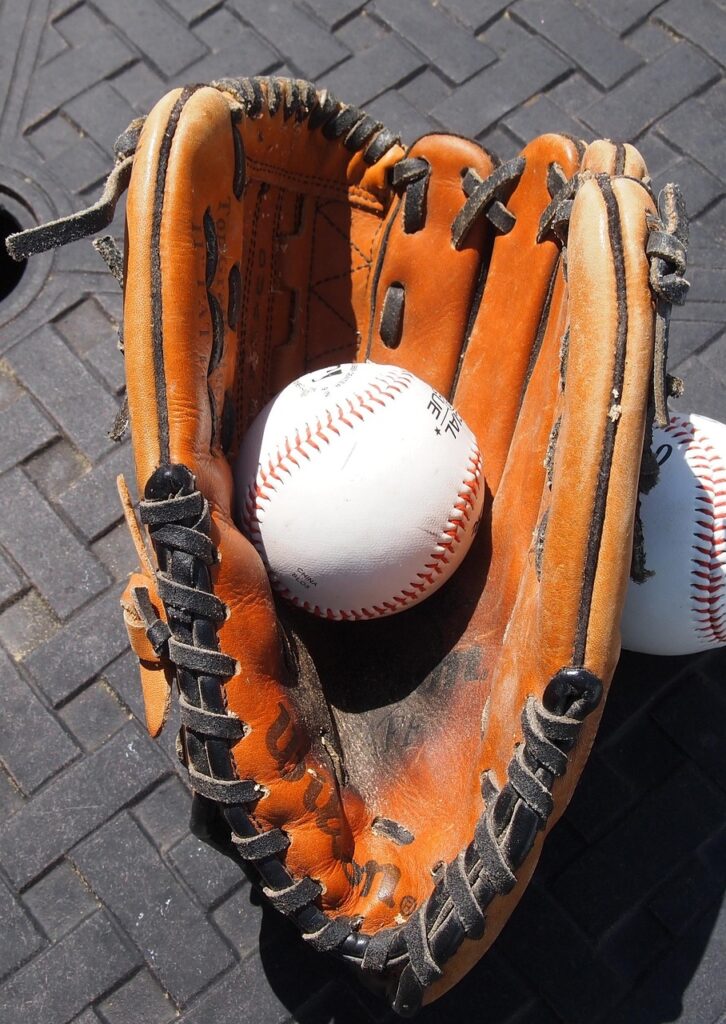
5. **”Mr. Baseball”: The Johnny Carson Connection**Bob Uecker’s transition from a regional baseball personality to a national comedic icon was significantly catalyzed by his frequent appearances on late-night talk shows in the 1970s and 1980s. His big break came unexpectedly after he opened for Don Rickles at Al Hirt’s nightclub in Atlanta in 1969. This performance caught the attention of Al Hirt, the musician, who subsequently arranged for Uecker to appear on “The Tonight Show” with Johnny Carson.
His debut on “The Tonight Show” was a turning point, as Uecker quickly became one of Johnny Carson’s favorite guests. Over the years, he made more than 100 guest appearances on the show, using the national platform to showcase his inimitable self-deprecating wit and unique comedic timing. Carson, recognizing Uecker’s distinctive charm and humor, famously dubbed him “Mr. Baseball,” a moniker that would stick with him for the remainder of his life and career.
The “Mr. Baseball” nickname was not merely a casual epithet; it became a defining part of his public identity, encapsulating his enduring connection to the sport and his role as its unofficial comic laureate. This title elevated his profile significantly, allowing him to cultivate a nationwide audience that appreciated his humor, regardless of their prior familiarity with his baseball career. It underscored his ability to transcend traditional sports commentary.
Uecker’s humor, particularly his willingness to poke fun at his own undistinguished playing career, resonated deeply with audiences. He often quipped, “Sporting goods companies would pay me not to endorse their products,” a line that perfectly encapsulated his self-awareness and comedic style. These appearances solidified his reputation as a genuine and relatable entertainer, broadening his appeal far beyond the confines of Milwaukee.
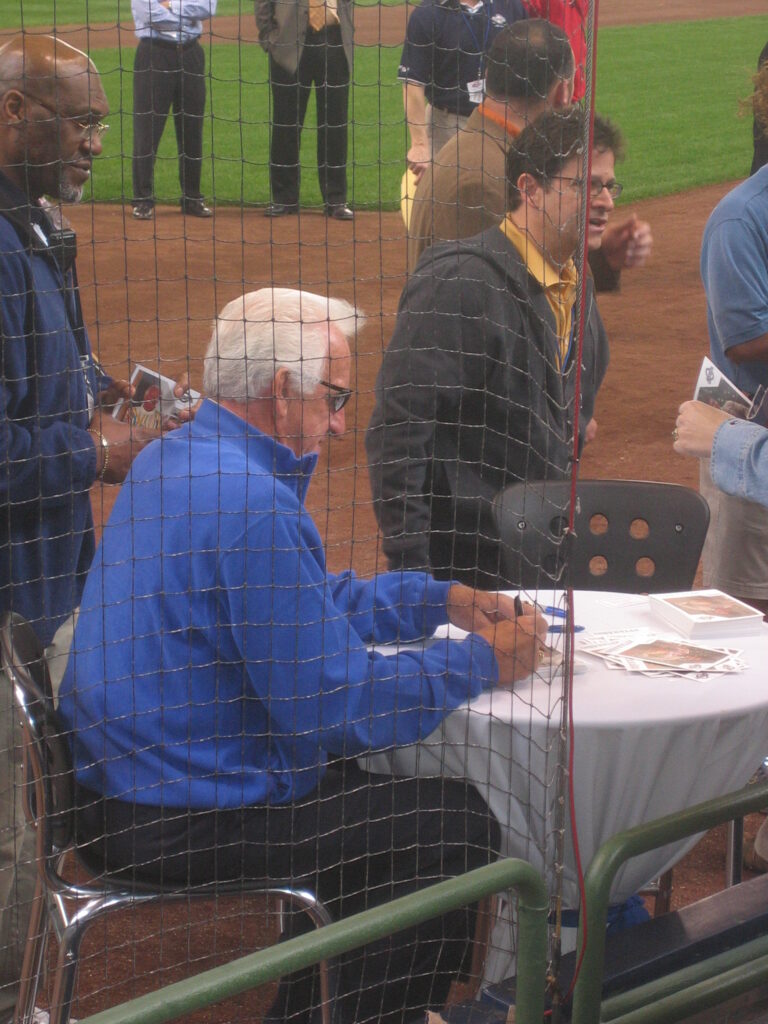
6. **Network Television: Major League Commentator**As Uecker’s celebrity grew, his talents were increasingly sought after on a national level, leading him to a prominent role as a color commentator for network television broadcasts of Major League Baseball. In the 1970s and early 1980s, he provided commentary for ABC, bringing his distinctive voice and perspective to a wider audience. This allowed fans across the country to experience the humor and insight that Milwaukee listeners had long cherished.
His national profile continued to ascend in the 1990s when he joined NBC as a color commentator, forming a memorable trio with Bob Costas and Joe Morgan. This collaboration brought him into American households during some of baseball’s most significant events. During his time with NBC, Uecker lent his voice to several All-Star Games, League Championship Series, and World Series, including the 1994 and 1996 All-Star Games, the 1995 and 1996 American League Championship Series, the 1997 National League Championship Series, and the 1995 and 1997 World Series.
Uecker’s contributions to national broadcasts were marked by a blend of insightful commentary and his characteristic humor. He was valued for his ability to both entertain and inform, a unique quality that set him apart from many of his peers. His presence added a layer of warmth and relatability to the often-intense atmosphere of championship baseball.
His tenure with NBC concluded prematurely before the 1998 All-Star Game, as he underwent a back operation that required the replacement of four discs. For the remainder of NBC’s contract through 2000, Bob Costas and Joe Morgan continued to call the games as a duo. This period highlighted the physical demands that even broadcasting could entail, temporarily sidelining one of the sport’s most beloved voices from the national stage.
The “Costas-Morgan-Uecker” team was considered a talent combination that worked, praised for their rapport and ability to make complex topics engaging. Uecker’s role in these broadcasts cemented his status as a major figure in sports media, proving his versatility and appeal beyond his long-standing radio work for the Brewers. He became a familiar and welcome voice to baseball fans across the nation.
7. **Iconic Catchphrases and Comedic Legacy**Bob Uecker’s profound impact on American sports and entertainment was largely cemented by his distinctive humor and a collection of catchphrases that transcended the confines of the baseball stadium. His comedic genius, which shone brightest after his playing career concluded, centered around an inimitable capacity for self-deprecation. This unique trait allowed him to transform an undistinguished professional baseball record into an endless wellspring of laughter, creating a relatable persona that endeared him to millions far beyond the sport’s traditional fanbase.
His self-mocking wit often took the form of memorable quips that became part of the vernacular of sports fans. Reflecting on his limited on-field prowess, Uecker famously joked that “Sporting goods companies would pay me not to endorse their products,” a line that perfectly encapsulated his humble assessment of his athletic abilities. This ability to poke fun at himself not only disarmed audiences but also provided a refreshing contrast to the often-serious demeanor of sports figures, establishing him as a beloved figure who never took himself too seriously.
Uecker frequently shared anecdotes from his playing days, masterfully turning minor moments into comedic gold. He recounted hitting a grand slam off Ron Herbel, facetiously adding, “When his manager came out to get him, he was bringing Herbel’s suitcase,” an exaggeration that highlighted his knack for storytelling. His legendary advice on catching a knuckleball – “I wait until it stops rolling and pick it up” – further illustrated his ability to find humor in the game’s complexities, resonating with anyone who understood the unpredictable nature of baseball.
Beyond his playing-day jokes, Uecker crafted catchphrases that became synonymous with his broadcasts. His exuberant call of a Milwaukee Brewers home run, “Get up! Get up! Get outta here! Gone!”, became an iconic fixture of Wisconsin summers, a phrase eagerly anticipated by fans with every long ball. These expressions not only amplified the excitement of the game but also deepened his connection to the audience, making him an integral part of their baseball experience and solidifying his status as a true comic bard of the sport.
His national platform, particularly his over 100 guest appearances on Johnny Carson’s “The Tonight Show” and his hosting of “Saturday Night Live” in 1984, provided a stage for this unique comedic style to flourish. These showcases cemented his reputation as a versatile entertainer whose humor transcended baseball, creating a legacy of joy and laughter that will continue to resonate, embodying his genuine warmth and inimitable spirit for generations to come. His ability to connect with people on such a personal, humorous level was truly unparalleled.
Read more about: Beyond the Buzzer: Unearthing the Untold Fates and Hidden Hardships of Beloved Game Show Hosts Who Left Us Too Soon or Quietly Endured
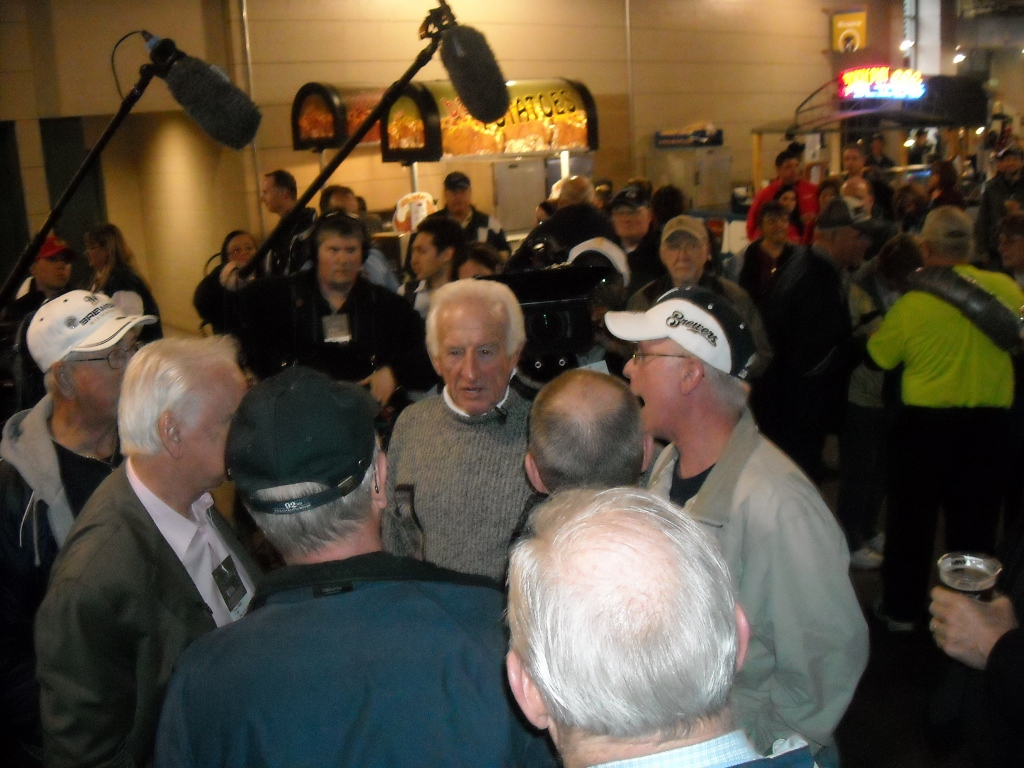
8. **The Miller Lite Commercials and “Uecker Seats”**Bob Uecker’s national celebrity reached new heights through his prominent role in the iconic Miller Lite “All-Stars” advertising campaign, which began in the 1980s. These commercials, featuring a roster of current and former sports stars, provided Uecker a unique stage to showcase his unparalleled comedic timing and self-deprecating charm to a vast, mainstream audience. His distinct personality made him a standout among the diverse group of athletes, effectively cementing his image as a household name far beyond the realm of baseball aficionados.
One of the most memorable advertisements featured Uecker at a baseball game, excitedly anticipating the action. When an usher approached to inform him he was in the wrong seat, Uecker’s pompous yet utterly endearing response, “I must be in the front row,” became an instant classic. The punch line, revealing him to be relegated to the farthest, most obstructed seat in the stadium, perfectly encapsulated his everyman appeal while simultaneously highlighting his comedic brilliance. This commercial alone significantly broadened his reach and cemented his status as a cultural icon.
The widespread popularity of this particular commercial had a lasting impact on sports vernacular and even stadium design. The phrase “Uecker seats” entered common parlance, humorously designating the least desirable, often obstructed-view seats in any arena or stadium. This cultural phenomenon was brought to life at American Family Field, the home of the Milwaukee Brewers, where a section of $1 seats, located in the upper grandstand with an obstructed view due to the stadium’s roof pivot, are officially dubbed “Uecker seats.” A plaque and a life-size figure of Uecker were later installed in the last row of Section 422 in 2014, commemorating this iconic moment.
Another enduring catchphrase to emerge from these commercials was Uecker’s confident yell of “He missed the tag!” uttered from his distant perch in the upper deck, far removed from the action on the field. This line further solidified his image as the lovable, slightly out-of-touch, but always enthusiastic fan. Beyond the national Miller Lite campaign, Uecker also leveraged his comedic talent for numerous local endorsements in Milwaukee, promoting everything from the Admirals hockey team to Usinger’s Sausage and various public safety campaigns, eventually leading to his induction into the Wisconsin Advertising Hall of Fame in 2017, a testament to his pervasive local influence and marketing prowess.
Read more about: Dwayne ‘The Rock’ Johnson: An In-Depth Chronicle of a Global Entertainment Icon’s Journey from Gridiron to Ring to Hollywood Stardom
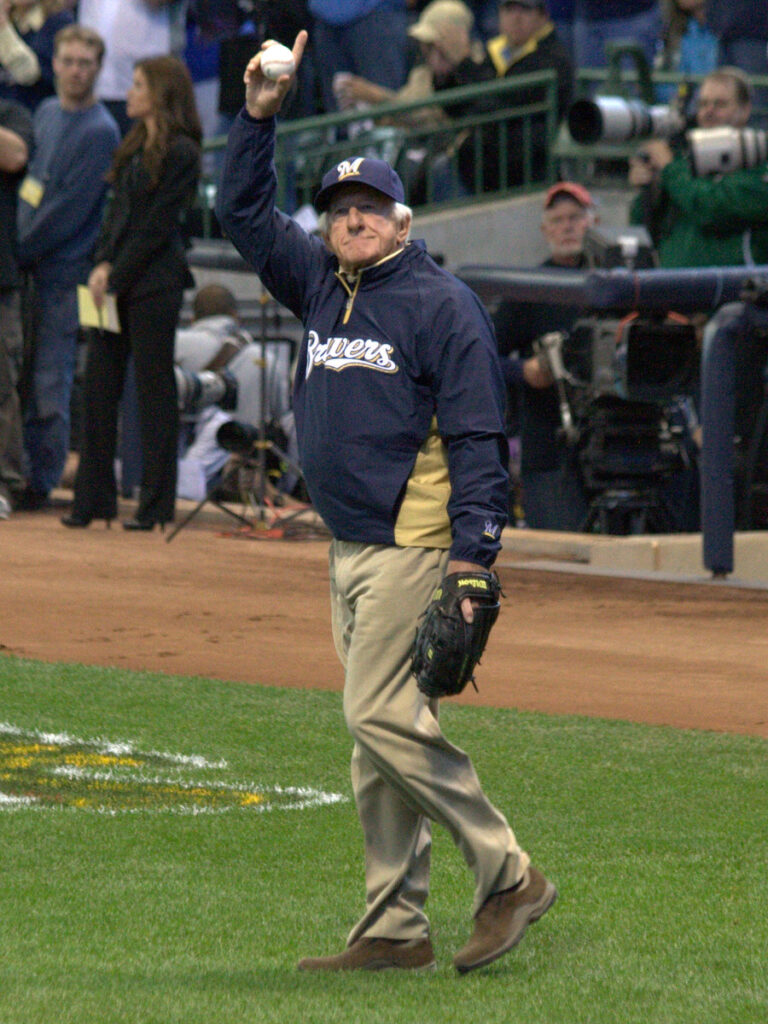
9. **Expanding Horizons: Beyond the Diamond**Bob Uecker’s extensive talents and engaging personality extended far beyond the baseball field and broadcast booth, allowing him to explore diverse avenues in sports media and entertainment. He successfully hosted two syndicated television programs, “Bob Uecker’s Wacky World of Sports” and “Bob Uecker’s War of the Stars.” The former, which later evolved into “The Lighter Side of Sports,” has achieved remarkable longevity, enduring as one of the longest-running syndicated sports programs in American television history, showcasing Uecker’s early prowess in curating humorous and engaging sports content for a national audience.
His regional influence was also palpable through his unique collaborations with local sports teams. In the mid-1990s, Uecker became a recognizable face in a series of commercials for the Milwaukee Admirals of the American Hockey League. One particularly memorable advertisement featured him comically redesigning the team’s uniforms to incorporate a garish plaid pattern, a playful nod to the loud sports coats that were synonymous with his public image during the 1970s and 1980s. This creative partnership was celebrated in February 2006, when the Admirals commemorated the commercials by having their players wear the plaid jerseys during a game, which were then auctioned off for charity, highlighting Uecker’s ability to blend humor with community engagement.
Uecker’s distinctive voice and celebrity even found a place in the world of professional wrestling. In March 1987, he made a memorable appearance at the World Wrestling Federation’s (now WWE) WrestleMania III in Pontiac, Michigan, serving as the ring announcer for the highly anticipated main event featuring Hulk Hogan versus André the Giant. His involvement brought a touch of mainstream sports credibility and humor to the spectacle, and he returned the following year for WrestleMania IV, taking on roles as a ringside announcer, commentator for the opening Battle Royal, and a backstage interviewer. These appearances underscored his broad appeal and willingness to engage with various forms of popular entertainment.
Further demonstrating his multifaceted interests and storytelling abilities, Bob Uecker authored two books that captured his unique perspective on life and baseball. His autobiography, titled “Catcher in the Wry,” published with Mickey Herskowitz, offered readers an intimate look into his life and career through his characteristic humorous lens. He followed this with “Catch 222.” Both titles cleverly played on classic literary works, “Catcher in the Rye” and “Catch-22,” respectively, reflecting his intellectual playfulness and ability to connect his personal narrative with broader cultural references. These literary ventures further cemented his status as a captivating storyteller, skilled in both the spoken and written word.
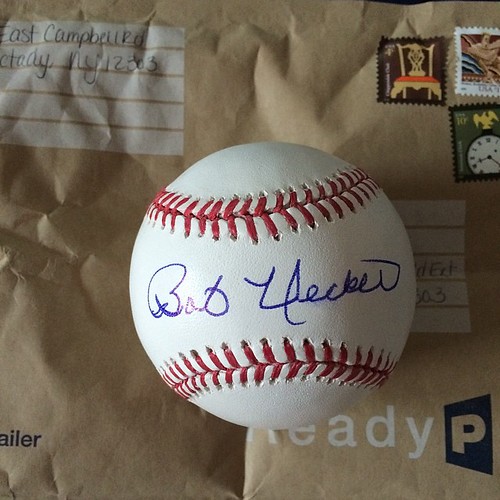
10. **Accolades and Enduring Honors**Bob Uecker’s extraordinary contributions to sports broadcasting and entertainment garnered him a multitude of prestigious awards and honors throughout his illustrious career, cementing his legacy across various fields. Recognized for his excellence in sports commentary, he was named Wisconsin Sportscaster of the Year five times by the National Sportscasters and Sportswriters Association (NSSA) in 1977, 1979, 1981, 1982, and 1987. His sustained impact and influential career were further acknowledged with his induction into the NSSA Hall of Fame in 2011, a testament to his enduring prominence within the industry.
In 2001, Uecker was inducted into the National Radio Hall of Fame, recognizing his profound influence on the medium and his ability to captivate audiences through sound. Two years later, in 2003, he received one of baseball’s highest broadcasting accolades: the Ford C. Frick Award, bestowed annually by the Baseball Hall of Fame for “major contributions to baseball.” His acceptance speech in Cooperstown, New York, was a highlight of the ceremony, a masterclass in his signature humorous and self-deprecating style, where he famously quipped, “I still — and this is not sour grapes by any means — still think I should have gone in as a player.” This moment perfectly encapsulated his charm and humility.
The Milwaukee Brewers, the team he served for over half a century, honored Uecker with numerous tributes reflecting their deep affection and respect. In 2005, celebrating his 50th year in professional baseball, the Brewers placed a number 50 in his honor within their “Ring of Honor,” situating it alongside the retired numbers of franchise legends Robin Yount and Paul Molitor. Four years later, on May 12, 2009, his name was added to the Brewers Wall of Honor inside American Family Field, further immortalizing his indelible connection to the club. On August 31, 2012, the Brewers unveiled the Uecker Monument outside American Family Field, placing him alongside statues of Hank Aaron, Robin Yount, and Bud Selig, a clear symbol of his monumental status within the franchise and the sport.
Uecker’s crossover appeal was also formally recognized by the World Wrestling Entertainment (WWE), which inducted him into the Celebrity Wing of their Hall of Fame in 2010. This honor acknowledged his memorable appearances at WrestleMania III and WrestleMania IV, highlighting his unique ability to transcend traditional sports boundaries and captivate audiences in diverse entertainment arenas. This recognition underscored the breadth of his cultural footprint and his talent for engaging fans across varied platforms.
Further cementing his iconic status, Wisconsin Governor Tony Evers declared September 25, 2021, as Bob Uecker Day in honor of his 50th year broadcasting Brewers games. During the celebratory event, Uecker delivered a characteristically humorous first pitch, employing a pitching machine rather than throwing the ball himself. Prior to the game, Christian Yelich, on behalf of the players, presented Uecker with a unique gift: custom Nike sneakers adorned with phrases like “Air Uecker,” “Get Up, Get Up,” “One Of Us,” and “Just a Bit Outside,” a heartfelt tribute that showcased the profound affection and admiration he commanded from the players he covered.
Read more about: 14 Jaw-Dropping Moments From The ACM Awards That Had Us All Doing A Double Take (Seriously, Keith Urban Was There!)
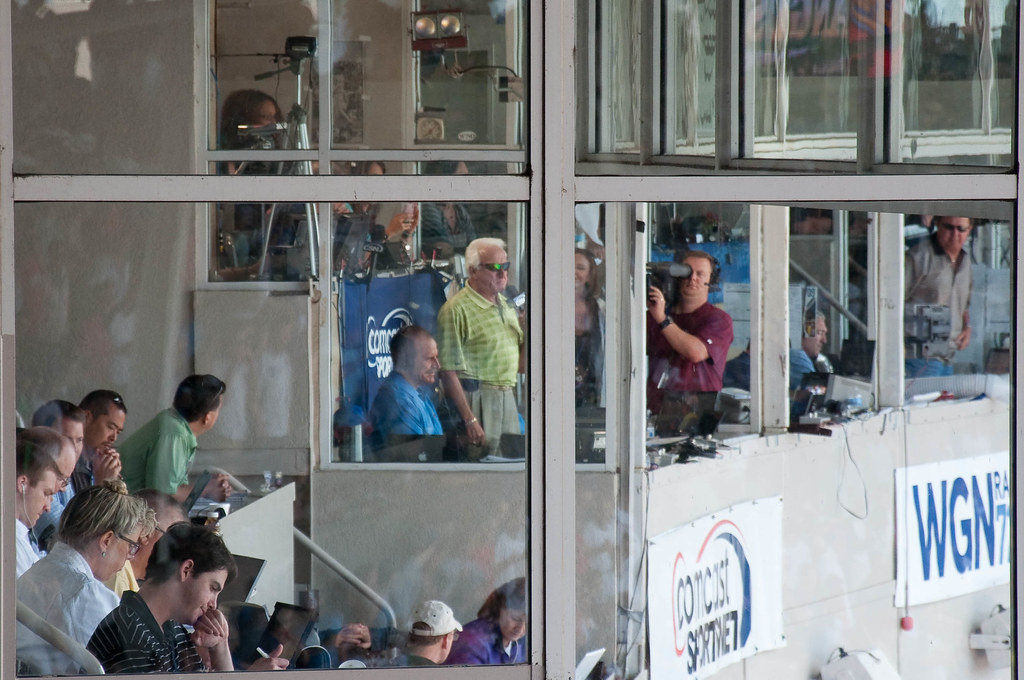
11. **A Community’s Beloved Figure: Personal Life and Farewell**Beyond his public persona, Bob Uecker navigated a rich personal life marked by both enduring love and profound sorrow. He was married twice; his first marriage to Joyce, who passed away in 2015, brought four children: Leeann, Steve, Sue Ann, and Bob Jr. Tragically, Uecker experienced the immense pain of outliving two of his children, with Leeann dying of ALS in March 2022 and Steve, a cowboy, succumbing to complications of San Joaquin Valley fever in 2012. He later married his second wife, Judy, in Louisiana in 1976, and they settled in the Milwaukee suburb of Menomonee Falls, the community that remained his cherished home throughout his storied career.
Uecker’s unwavering dedication to his craft was often tested by significant health challenges. In April 2010, he announced a temporary hiatus from the baseball season to undergo heart surgery, successfully receiving a replacement for his aortic valve and a portion of his aortic root. Demonstrating remarkable resilience, he returned to the broadcast booth just three months later. However, his health concerns resurfaced in October 2010, when he again underwent heart surgery to repair a tear at the site of his valve replacement, underscoring the physical tolls he endured while continuing to serve as the voice of the Brewers.
His final years were marked by a courageous battle with small-cell lung cancer, a diagnosis he received in early 2023. Despite this profound challenge, Uecker continued his broadcasting duties, finding solace and purpose in the ballpark. On January 16, 2025, just ten days shy of his 91st birthday, Bob Uecker passed away at his Menomonee Falls home, marking the end of an extraordinary life. His final broadcast call, a poignant moment for fans, occurred during Game 3 of the National League Wild Card Series between the Milwaukee Brewers and New York Mets on October 3, 2024.
The news of Uecker’s passing elicited a profound outpouring of grief and tribute from across the baseball world and beyond. Commissioner Rob Manfred remembered him as “the genuine item: always the funniest person in any room he was in, and always an outstanding ambassador for our national pastime.” The Milwaukee Brewers, in a deeply heartfelt statement, mourned the loss, calling him “the light of the Brewers, the soundtrack of our summers, the laughter in our hearts,” and affirming that “he was the heart and soul of Wisconsin and a dear friend.” Former Brewers owner Bud Selig echoed these sentiments, highlighting Uecker’s unique ability to make others feel at ease and leave them with a laugh.
The immediate aftermath of his death saw an extraordinary public display of affection. Fans converged at his statue outside American Family Field, transforming it into an impromptu memorial. They left flowers, Brewers caps, and even cans of Miller Lite beer, symbolic of his enduring commercial legacy. Shawn Bosman of Franklin, Wisconsin, poignantly articulated the collective sentiment, stating, “He’s the narrator to all the best times of a couple of generations’ lives.” Kairee Larson, a longtime season-ticket holder, shared that Uecker’s iconic call of Ryan Braun’s 2008 playoff-clinching homer remained her phone’s ringtone, underscoring the deep, personal connection he forged with individual fans.
Within the Brewers organization, Uecker was revered as a father figure and a constant source of wisdom and camaraderie. Players, many decades his junior, cherished his clubhouse visits and the opportunity to hear his anecdotes, recognizing the unique privilege of his company. Christian Yelich noted that “Everybody was well aware of how special those times were,” especially as Uecker continued broadcasting games while fighting cancer, often coming to the ballpark directly after radiation treatments. Mark Attanasio, the principal owner, marveled at his commitment, calling it “unbelievable.” Following the Brewers’ NL Central title clinch, manager Pat Murphy emotionally embraced Uecker, proclaiming, “There is no one — there is no one — who epitomizes a champion the way this man does right here,” as players chanted his name, solidifying his status as the enduring heart of Milwaukee baseball.
Bob Uecker’s extraordinary journey, from a light-hitting catcher to an enshrined broadcasting legend and beloved entertainer, is a singular narrative in American culture. His unparalleled ability to weave self-deprecating humor with astute observations about the game he adored allowed him to forge an indelible connection with millions. Through every radio call, every comedic turn, and every genuine interaction, Uecker illuminated the profound joy and human spirit inherent in baseball and in life itself. He was more than “Mr. Baseball”; he was a cherished friend, a source of unwavering laughter, and a true icon whose voice and spirit will echo in the hearts of fans for generations to come, a testament to a life truly well-played and passionately lived.


